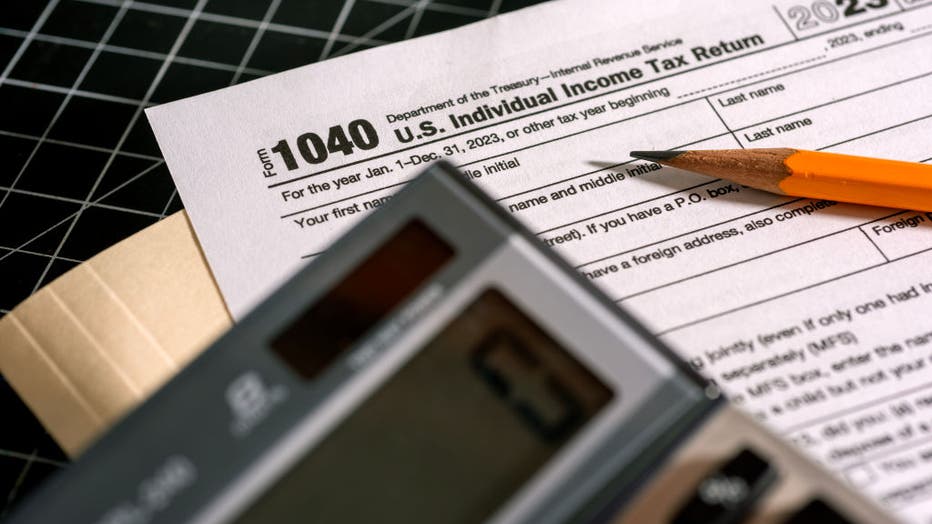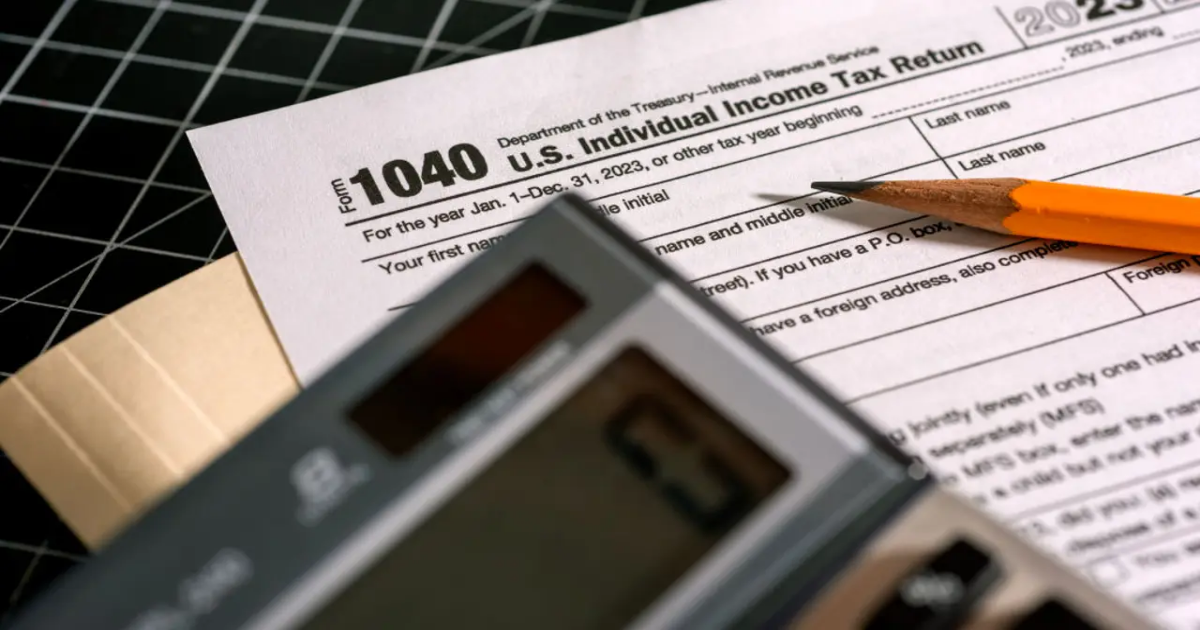Tax Day is here, but some Georgians may not need to rush to make sure their returns are turned in by midnight.
The Internal Revenue Service says residents in the state affected by last year’s Hurricane Helene have a few more weeks to file.
What we know:
The agency says the deadline was extended after the Federal Emergency Management Agency (FEMA) issued a disaster declaration following the deadly storms in September.
Taxpayers affected by the disaster will have until May 1 to file and make any tax payments.
The new filing deadline applies to:
- Individuals and businesses that have a 2024 return normally due during March or April 2025.
- Individuals who had a valid extension to file their 2023 return due to run out on Oct. 15, 2024. The IRS noted, however, that because tax payments related to these 2023 returns were due on April 15, 2024, those payments are not eligible for this relief.
- Calendar-year corporations whose 2023 extensions run out on Oct. 15, 2024.
The extension also included any affected taxpayers whose previous due dates were postponed until February 2025 due to Hurricane Debby.

The state of Georgia has also extended its tax deadline for 2024 individual returns as well.
Georgia’s not the only state to get this extension. Some taxpayers in Alabama, Florida, North Carolina, South Carolina, Tennessee, and Virginia may also have their deadline extended.
If you need more time to file, you can request it using the IRS’s Form 4868.
Warning about tax scammers
Dig deeper:
With the deadline approaching, tax and cybersecurity experts are warning Georgians that scammers are trying to pose as representatives of the IRS to swindle people out of their hard-earned money.
One of the most common ways is to text, email or call their victims claiming that they’re from the IRS.
They may offer an easy way to file, and then threaten you by saying if you don’t use their link you’ll be punished. Or, if you’ve already filed, they’ll tell you your return is ready, and send you a bad link to view it.
Jon Powell, CPA and partner at Moore Colson, says that the IRS will never send a link through email or via text.
He says the best thing to do if you feel something may be fishy is to go directly to the source.
“If I get a text from the IRS, right, I’m going to the IRS.gov. I’m going to look and see if there’s a form reference that I can look up, and I’m just going to call them and be like, ‘Hey, I got a notice. Is this really you?’” Powell explained. “And they’re to go, ‘No, it was not us, because we would contact you via the U.S. mail, via letter, and we would have given you a notice number.’”
For more information on tax scams to watch out for, click here.
The Source: Information for this story came from a release by the IRS and previous FOX 5 reporting.
